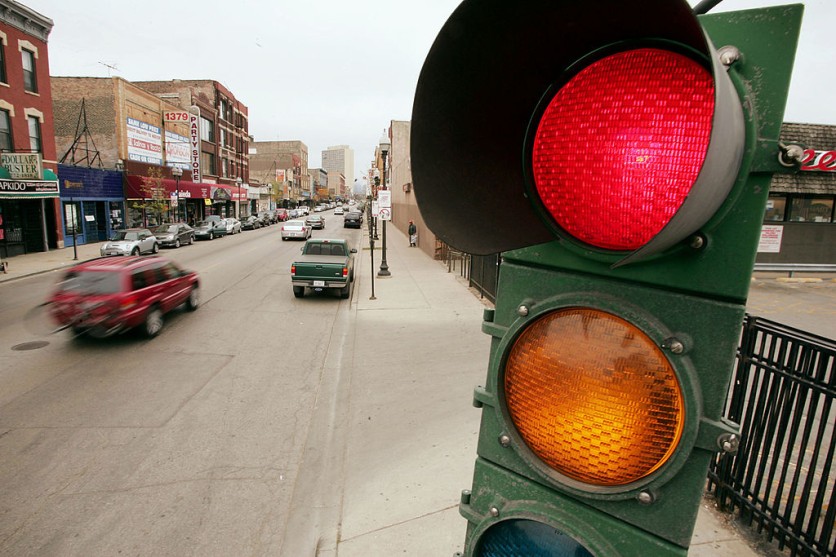California's latest efforts to employ artificial intelligence in governmental services prove to be a move against traffic jams, tax guidance, and safer roads. The new agreements were made public by the state on Thursday as part of Governor Gavin Newsom's AI initiatives.
According to administration officials, the state is working with five businesses to develop generative AI tools utilizing technology funded by internet giants like OpenAI, Amazon, Google, and Anthropic. Ultimately, this will help the state offer better services to the general population.
The companies will begin an internal six-month trial in which state employees will test and assess the products. In exchange for their proposals, each company will receive $1.

Then, with a large budget deficit, the state can evaluate which tools could be completely adopted under new contracts. According to an administration spokesman, every instrument is considered low-risk because it does not deal with private or sensitive data.
The Democrat Newsom highlights California as a global center for AI, pointing out that 35 of the top 50 AI companies worldwide are based there.
Attempting to establish California as a leader in artificial intelligence, he signed an executive order last year mandating the state to investigate ethical applications of generative AI by this summer.
The state began requesting that tech businesses develop generative AI solutions for public services in January. Among the first states to release recommendations last month regarding the procurement of such instruments by state agencies, California was one of the following.
Read Also: TikTok to Start Labelling AI-Generated Content Amid Misinformation, Transparency Concerns
AI in Several States
State authorities and experts stated that while generative AI, a subset of AI that can produce new content like text, audio, and images, has great promise for improving government agency efficiency, there is also an urgent need for controls and supervision to reduce hazards.
An AI-powered chatbot that New York City developed to assist small businesses was discovered to provide misleading advice and encourage firms to break the law. The swift advancement of technology has also sparked worries about bias in automation, misinformation, privacy, and job loss.
Many state governments are investigating how public agencies may use the potent technology for the public good, even as they struggle to regulate artificial intelligence in the commercial sector.
According to officials, building public trust is the goal of California's approach, which also mandates that businesses reveal which major language models they employ to create AI products.
AI-Powered California Elementary
Public services, in general, within California, continue to employ artificial intelligence in various aspects. Just this mid-April, an elementary school in San Diego, California, used AI to create personalized chatbots that boost student curiosity by giving prompt answers to the various questions asked by students.
The AI tool is similar to providing personalized digital support to each student. These kids get quick answers to their inquiries, further piques their curiosity and encourages them to ask more.
Ken Shelton of Elevate Education helps school districts create innovative artificial intelligence techniques. He claims that AI bots' main advantage is encouraging students to start asking questions.
Because each student gets a personal chatbot to ask questions, their education is customized just for them, and they refine their analytical skills.





